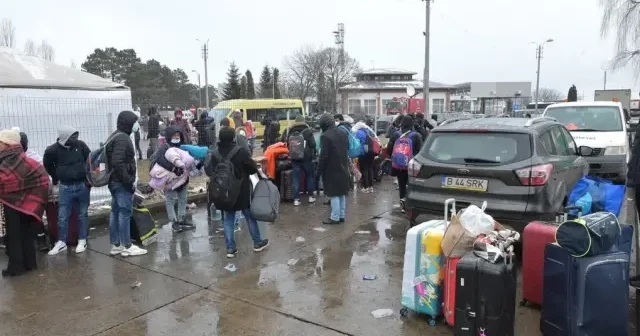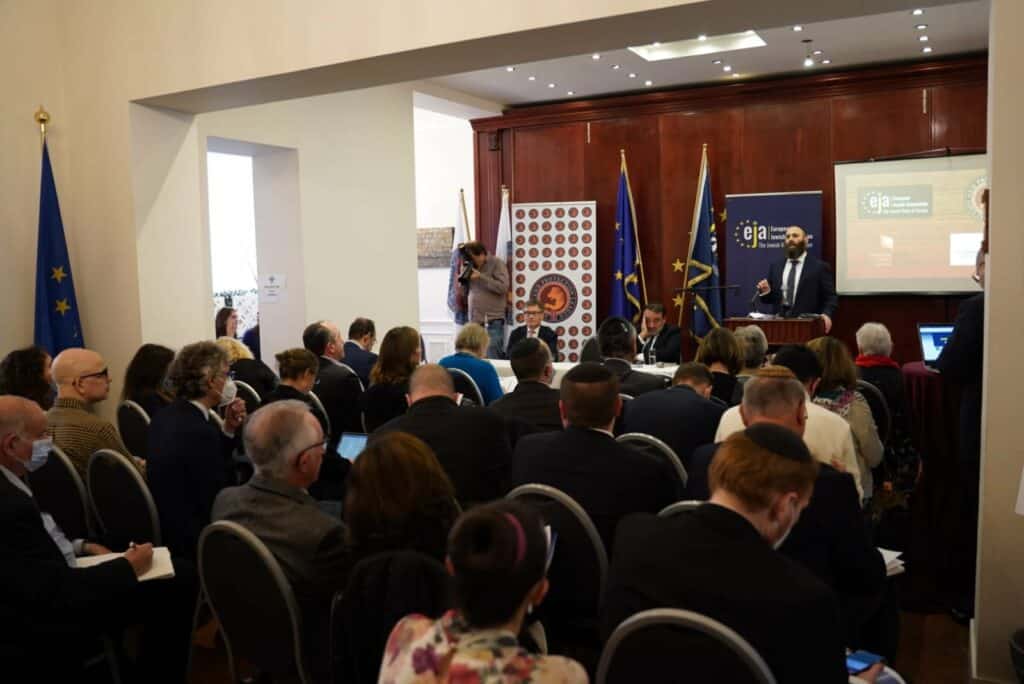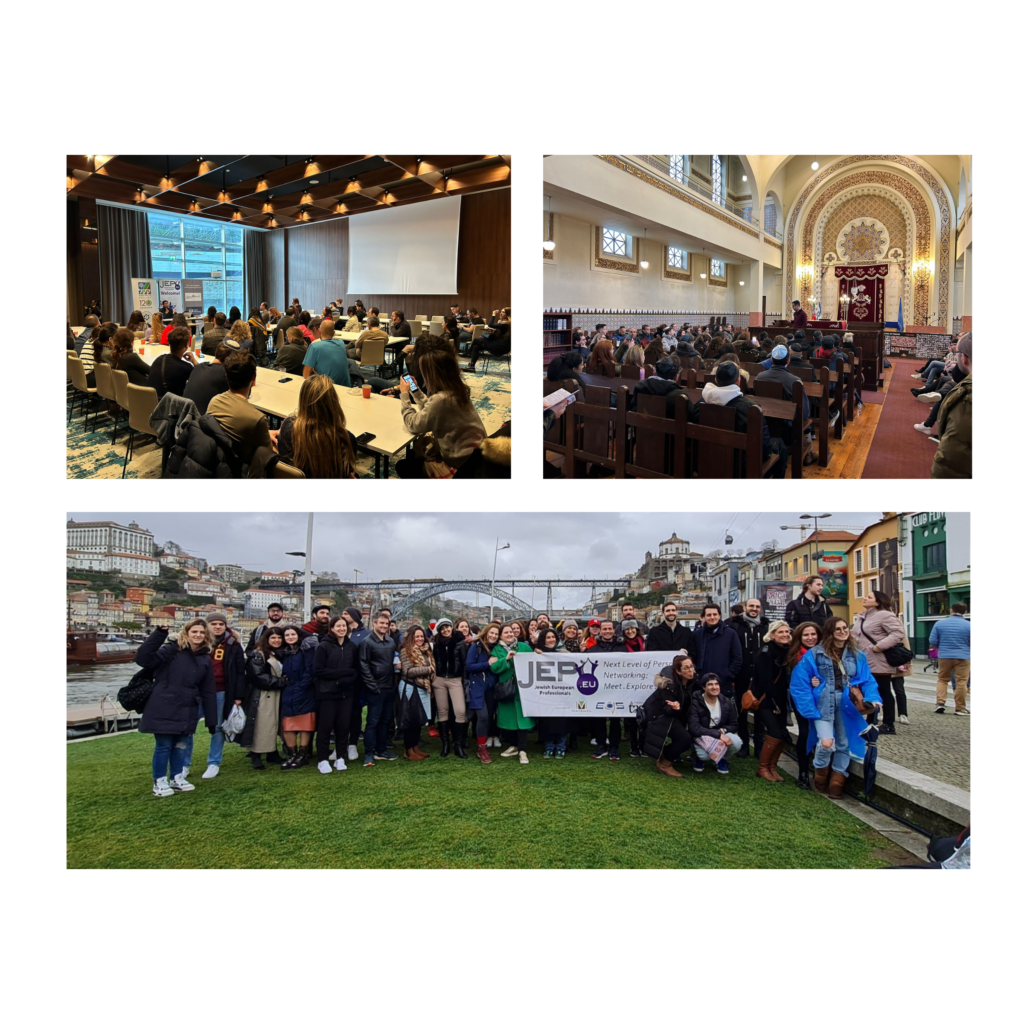European rabbis say the move is a ‘new low’
A Jewish community in Cyprus reacted with surprise after they were billed more than €5,000 for the police protection provided at their Chanukah celebrations.
An estimated 500 people took part in the December 5 event in Larnaca, but the community later received a bill for €5,386.10 (£4,838.25), which the European Jewish Association called a “new low”.
In a letter to Cypriot Defence Minister Savvas Angelides, EJA chairman Rabbi Menachem Margolin said: “I am well used to dealing and responding to challenging situations.
“But this decision to charge the Jewish population for their own security marks a new low, and one that I sincerely hope was a clerical mistake or administrative oversight on behalf of the police.”
Rabbi Margolin said the bill should be written off immediately.
The Jewish community must assured “immediately” that they would not be charged for security and protection in the future, he wrote.
His letter added: “there were many Chanukah events all over Europe in which the local police offered protected — as they do at any public event — and this is the first time we hear that the police asking to be paid for doing their job.”
The JC contacted the Cyprus High Commission in London for comment.
Minister angelides letter

POLICE SECURITY INVOICE[2]














